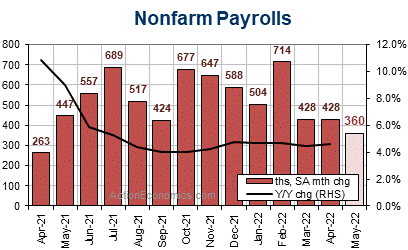In a strong rebuke, Paul Grewal, Chief Legal Officer of Coinbase, criticized the US Government Accountability Office (GAO) for its recent study on the use of cryptocurrencies to bypass sanctions. Grewal, in a post on X (formerly Twitter) on January 22, accused the GAO of lacking a comparative study and unjustly targeting a sector that invests substantial sums in compliance.
The GAO report, released on December 13, 2023, highlighted instances where foreign governments under US sanctions utilized cryptocurrencies, such as Bitcoin, to circumvent restrictions. Grewal pointed out that the report itself acknowledges the comparative weakness of digital assets in evading penalties.
Despite the acknowledgment of risks, the report recognized the ability of the public ledger and decentralized nature of cryptocurrencies to allow tracing of transactions by US agencies and analytics firms. The research also mentioned potential enhancements to adherence to anti-money laundering (AML) laws through the establishment of international standards.
Senator Elizabeth Warren used the report to fuel concerns within the sector, advocating for legislation that would subject cryptocurrency businesses to the same AML standards as traditional financial institutions. However, critics pointed out that Warren’s interpretation was based on a single case involving a Chinese party using cryptocurrency to evade sanctions.
Globally, regulatory frameworks are being established to align cryptocurrencies with anti-money laundering regulations. Europe has enacted the Markets in Crypto-Assets Regulation, while Asian nations, including Singapore, Japan, and Hong Kong, are implementing stringent laws for cryptocurrency service providers.
Highlighting the misuse of cryptocurrencies, Grewal noted that less than 1% of the total circulating quantity is used for illicit operations, a significantly smaller percentage than that of fiat currencies like the US dollar. Additionally, Grewal emphasized the transparency of the public ledger system, which facilitates the identification and prevention of thieves or hackers attempting to move stolen cryptocurrency.
Despite ongoing demands from lawmakers, finalization of crypto rules in the US is pending. However, specific regulatory guidelines are already in place to regulate cryptocurrency service providers.
